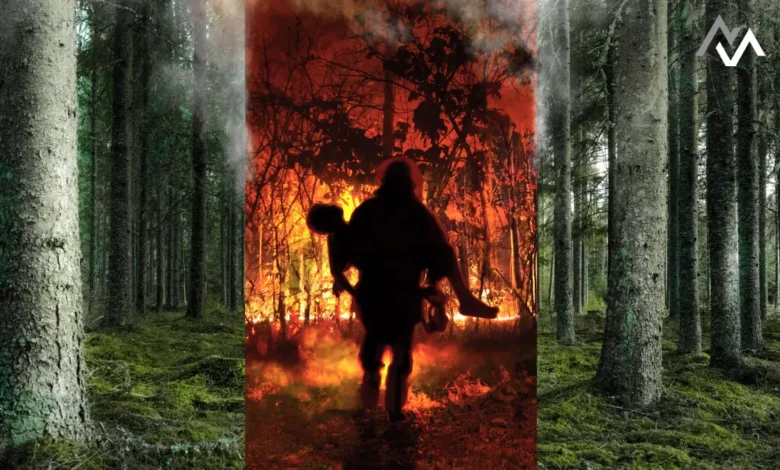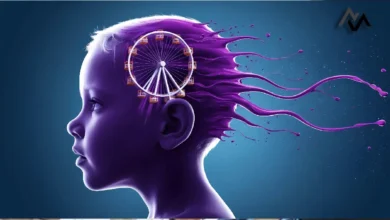Predicting Humanity’s Future: Science Behind Human Extinction and Survival

Introduction
Human survival is a topic that has intrigued scientists for decades. Researchers are examining various threats—from climate change and asteroids to advanced artificial intelligence (AI)—to predict the potential causes and timelines for human extinction. Let’s explore what experts suggest about our future and the factors that might lead to our eventual end.
The Threat of Climate Change
Climate change poses one of the most pressing dangers to human life. Warming temperatures could lead to extreme weather, rising sea levels, and food shortages. According to scientists, if global temperatures rise more than 2 degrees Celsius above pre-industrial levels, the cascading impacts on ecosystems and human societies could make large areas uninhabitable by the end of the century.
Risks from Nuclear and Biological Weapons
Nuclear warfare remains a terrifying possibility. The massive destruction from nuclear fallout could lead to a nuclear winter, where sunlight is blocked, temperatures plummet, and agriculture collapses. Likewise, biological weapons or pandemics—whether natural or engineered—could spread rapidly in our globalized world, potentially leading to large-scale human losses.
AI and Technological Risks
Artificial intelligence, although beneficial, brings risks if it becomes uncontrollable. An advanced AI with goals misaligned to human values could threaten humanity. Scientists and ethicists are increasingly concerned with ensuring AI is developed safely to avoid scenarios where machines pose risks to their creators.
Asteroids and Extraterrestrial Impacts
While unlikely in the near future, asteroid impacts remain a potential existential threat. Scientists continue monitoring space objects that could potentially collide with Earth, as such impacts have led to mass extinctions in the past. Agencies like NASA are developing strategies to divert or destroy dangerous asteroids if they come too close.
The Future of Humanity
Despite these threats, humanity has a strong resilience. Scientific advancements, international collaboration, and improved disaster preparedness give hope for the future. By addressing these risks, we can potentially extend human life and ensure the survival of future generations.
Conclusion
Human extinction remains a subject of speculation, but understanding the risks allows us to prepare and potentially prevent the worst outcomes. From climate change to AI, each threat provides an opportunity to build resilience and shape a safer future.




